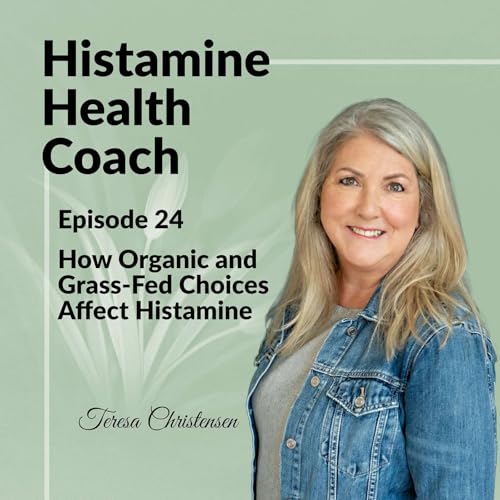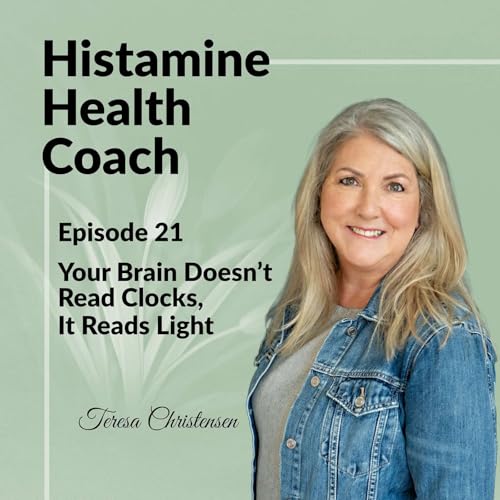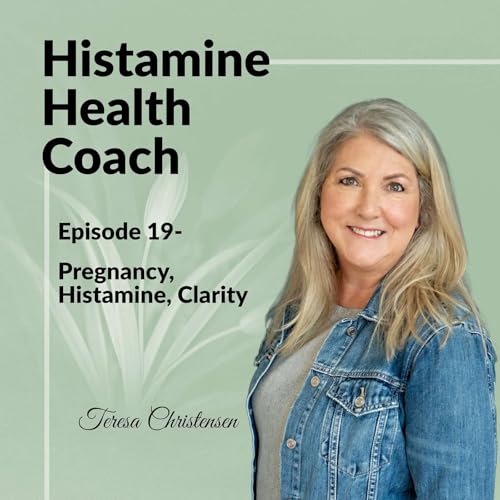Send us a text
What if the real trigger isn’t the food on your plate, but the way it’s cooked? We dig into the hidden link between high-heat browning, advanced glycation end products (AGEs), oxidative stress, and the histamine symptoms that make your day feel unpredictable. Without fear or food rules, we break down how heat, time, and moisture change your body’s response and how small tweaks can rebuild trust with meals you already love.
We start with flavor—because browning tastes great—and then map the science behind that golden crust. You’ll learn why AGEs accumulate, how they stir up low-grade inflammation, and why that can lower your threshold for itching, flushing, brain fog, and poor sleep. We connect oxidative stress to daily stressors, explain why two people can eat the same dish and feel totally different, and introduce the concept of inflammaging: the slow, quiet wear-and-tear that shapes how you age. Most importantly, we turn those ideas into everyday choices that reduce total load without sacrificing joy.
From practical swaps like steaming, simmering, pressure cooking, and quicker cook times to smart pairing—protein, fat, and fiber—we show how to buffer AGEs and calm the nervous system. You’ll hear why the air fryer can be a friend when used for speed rather than deep browning, how repeated reheating raises histamine, and what to do if you’re living with a short list of safe foods. Rotate methods, shorten time, add fiber and color, and notice subtle wins: steadier energy, clearer head, calmer skin.
If you’ve wondered why a “safe” meal sometimes lands wrong, this conversation offers a clear, compassionate roadmap. Subscribe, share with a friend who needs relief, and leave a review to help others find practical tools for calmer histamines and more confident cooking.
You’ll hear a short message about Stop the Chaos, a 7-day private support experience created for women who describe histamine intolerance as chaotic and unpredictable. This program helps you understand what’s driving your symptoms and feel more grounded in your day-to-day life.
Learn more: https://histaminehealthcoach.com/work-with-me
Follow me on Instagram
 Jan 10 20269 mins
Jan 10 20269 mins Dec 24 20258 mins
Dec 24 20258 mins 12 mins
12 mins Nov 27 202513 mins
Nov 27 202513 mins Nov 13 20258 mins
Nov 13 20258 mins 10 mins
10 mins Oct 16 20259 mins
Oct 16 20259 mins Oct 2 202512 mins
Oct 2 202512 mins
